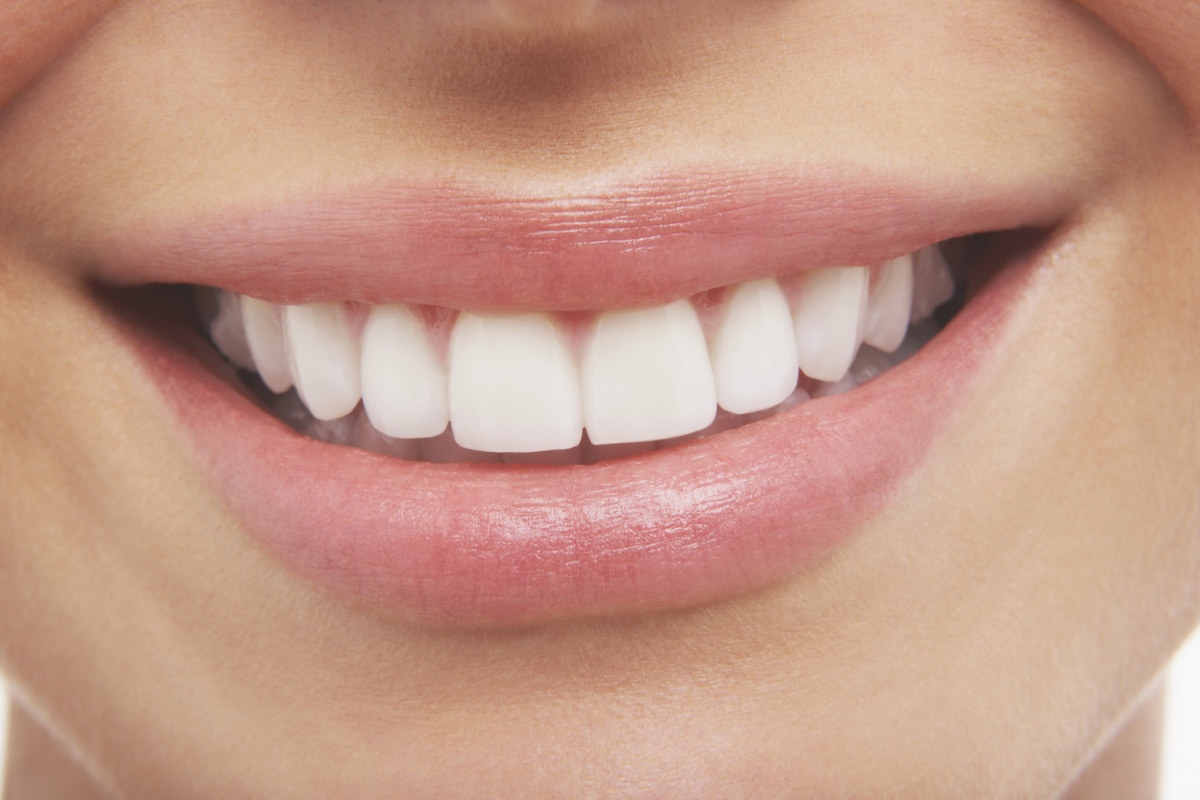
Last year, the US government removed flossing from its official ‘Dietary Guidelines for Americans’.
According to US law, health guidelines have to be supported by scientific evidence, and the government decided the case for flossing simply wasn’t strong enough.
A report by the Associated Press examined 25 studies on flossing, finding overall that the evidence in support of the dental practice was “weak”.
This isn’t just bad news for dedicated flossers; it could potentially be a bad look for the thousands of dentists who recommend flossing to their patients every day.
So will Australia also be removing flossing from its recommendations?
Dr Peter Alldritt, Chairman of the Oral Health Committee at the Australian Dental Association, says no.
“Every dentist who has heard this result has gone, ‘Are you kidding me!?’,” he tells The New Daily.

Avoid ‘see-sawing’ with the floss. Instead, gently wrap it around the tooth. Photo: Getty
The jury is out
Australia’s government health website Health Direct recommends flossing, saying the practice “may reduce gum disease”.
However, there isn’t much evidence to support that claim.

Dentists across the board tell their patients to floss. Photo: Getty
The 2010 American guidelines suggested “a combined approach of … brushing and flossing teeth” was the most effective way to maintain dental health.
But by 2015, that recommendation was gone.
And considering the research, you can see why.
A March 2015 study published in the Journal of Clinical Periodontology found there was “weak evidence of unclear or small magnitude … that supported dental floss”.
A statement from the American Academy of Periodontology also didn’t put much faith in the current research.
“Much of the current evidence does not utilise a large sample size or examine gum health over a significant amount of time,” it said.
It’s not so simple
“What this all highlights is that we really need more research on the topic,” Dr Alldritt says.
Dr Alldritt, who also works as a dentist in South Australia, is a big flossing advocate but says studying the effects is tricky, as there are too many factors at play.

Don’t: pull the floss too tight. Do: wrap it around the tooth. Photo: Getty
“How do we know if the participants in a study are good flossers or bad flossers? Or if they have other health factors?”
He claims the benefits of floss are pretty clear when you see what comes out of your mouth.
“Have you ever tried smelling the floss after you use it? It’s nasty,” he says.
“My patients who floss have great teeth, the ones who don’t often have inflamed gums that bleed easily.”
In the absence of evidence, Dr Alldritt says the best thing to do is keep flossing – and make sure you’re doing it right.
“A lot of people hold the floss tight, jam it in between their teeth, traumatise themselves and make themselves bleed,” he says.
Instead, we should gently slide the floss between our teeth, wrap it around the tooth (“Teeth are circular!”), gently pass it below the gum and then take it out.
If you’re still unsure, go straight to the experts.
“Ask your dentist for a demo,” Dr Alldritt suggests.
